Lower back pain, discomfort and bloating in the lower abdomen may be related to factors such as pelvic inflammatory disease, urinary system stones, lumbar disc herniation, gastrointestinal dysfunction, menstrual syndrome, etc. It can be relieved through hot compress therapy, medication treatment, lifestyle adjustments, and other methods. It is recommended to seek medical attention promptly to identify the cause and avoid delaying treatment.
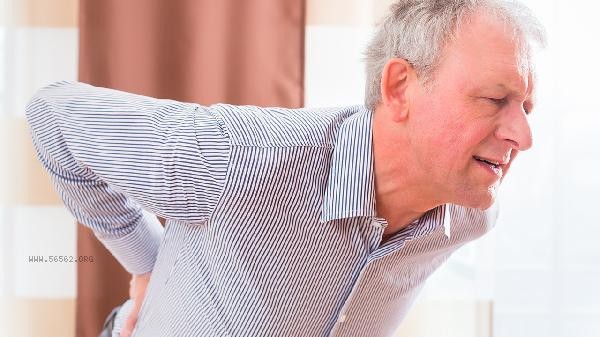
1. Pelvic inflammatory disease
Pelvic inflammatory disease is often caused by bacterial infection, with common symptoms of lower abdominal distension and lower back pain, which may be accompanied by abnormal vaginal discharge or fever. Traditional Chinese medicine believes that it is mostly caused by the downward injection of damp heat or stagnation of qi and blood stasis. You can use traditional Chinese patent medicines and simple preparations such as gynaecological Qianjin Tablets, Jingangteng Capsule, etc. as instructed by your doctor, and cooperate with moxibustion at Guanyuan to improve local circulation. During the acute phase, it is necessary to rest in bed and avoid sexual activity.
2. Urinary system stones
When ureteral stones move, they may cause lower back colic and radiate to the lower abdomen, often accompanied by frequent urination and urgency. Traditional Chinese medicine belongs to the category of "Shilin" and is related to the accumulation of dampness and heat. Medications such as stone expelling particles and golden grass particles can be used in combination with jumping exercises to promote the expulsion of stones. Daily water intake should be maintained at 2000 milliliters or more, and intake of high oxalate foods should be restricted.
3. Lumbar disc herniation
Lumbar lesions can compress nerves, leading to lower back pain and radiating to the lower abdomen, which worsens when sitting for long periods of time or bending over. Traditional Chinese medicine belongs to the "Bi syndrome", which is often caused by insufficient liver and kidney function or external damage. Massage can be performed to relieve muscle spasms, and the use of Yaotongning capsules can alleviate symptoms. It is recommended to sleep on a hard bed, avoid lifting heavy objects, and practice the Eight Section Brocade technique of "climbing the feet with both hands to strengthen the kidneys and waist".
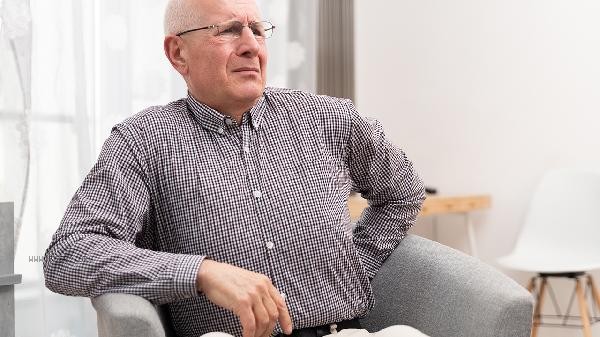
4. Gastrointestinal dysfunction
Irritable bowel syndrome or chronic colitis may cause abdominal distension accompanied by lower back pain, which is relieved after defecation. Traditional Chinese medicine syndrome differentiation mostly belongs to liver depression and spleen deficiency. Shen Ling Bai Zhu San can be used to regulate the spleen and stomach, combined with ginger moxibustion at Shenque acupoint. Diet should be timed and quantified, reducing gas producing foods such as beans and onions. The abdomen can be massaged clockwise to promote intestinal peristalsis.
5. Menstrual syndrome
Increased secretion of prostaglandins during menstruation in women may cause lower back and abdominal pain, which is believed to be related to the imbalance of Chong and Ren in traditional Chinese medicine. One week before menstruation, Yimucao granules can be used to promote blood circulation and regulate menstruation. When experiencing dysmenorrhea, apply heat to the lower abdomen and drink ginger jujube brown sugar water. Usually avoid eating raw and cold food, practice yoga "cat and cow style" to relieve pelvic pressure, and in severe cases, check for endometriosis.
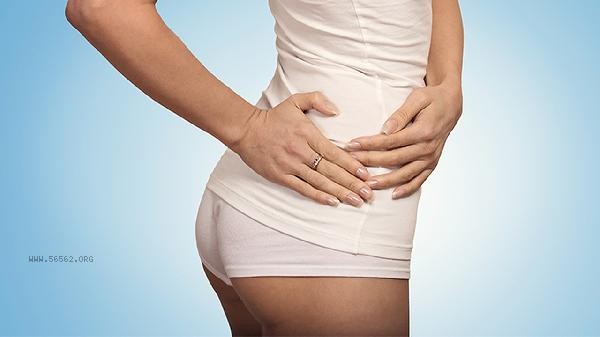
Daily attention should be paid to keeping the waist warm, avoiding prolonged sitting and standing, and moving for 5 minutes every hour. The diet should be light and easy to digest, with moderate consumption of spleen strengthening ingredients such as yam and lotus seeds. During acute pain attacks, you can try pressing the Wei Zhong acupoint and San Yin Jiao acupoint to relieve symptoms. If fever, hematuria, or persistent pain persists for more than 3 days, immediate medical attention should be sought to diagnose serious illnesses such as acute abdomen. It is suggested that gynecological examination and lumbar imaging screening should be carried out every year, and chronic patients can receive acupuncture and moxibustion regularly.

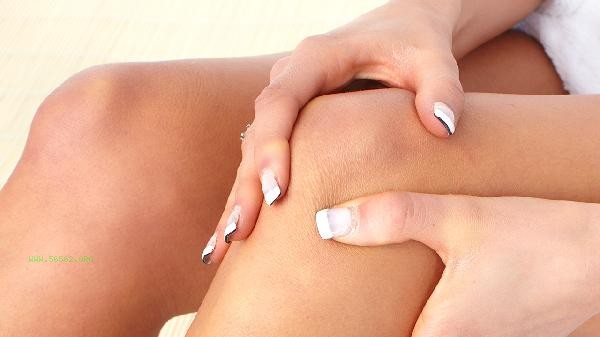
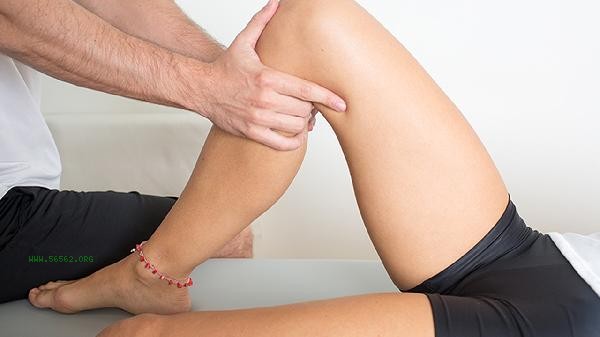
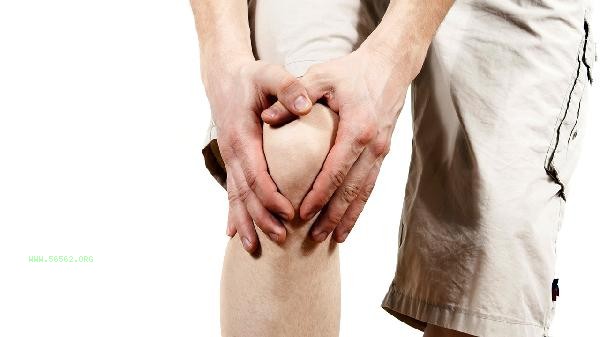

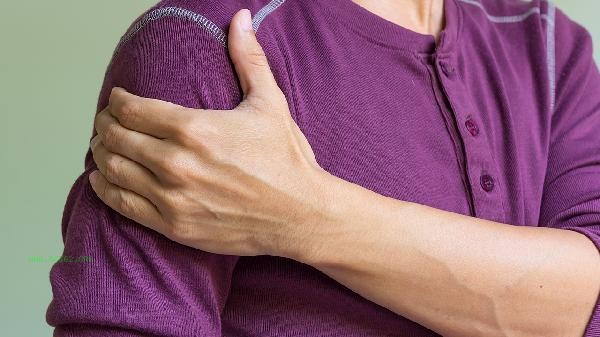


Comments (0)
Leave a Comment
No comments yet
Be the first to share your thoughts!